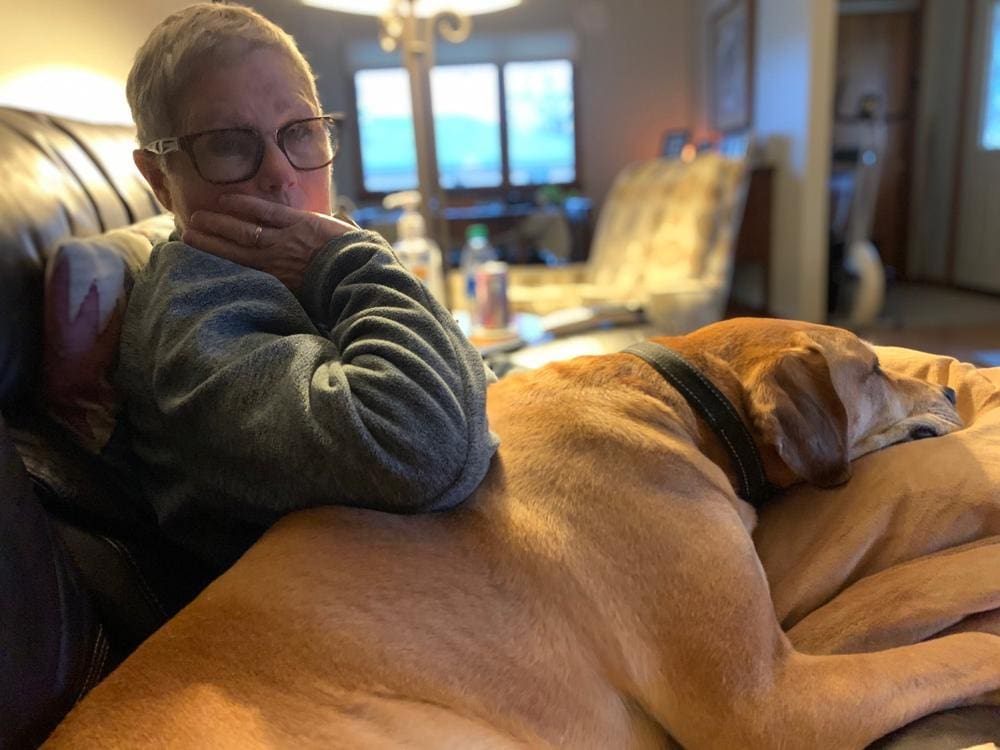When a Pet Dies: Fred Rogers' Wisdom on Grief and Healing
### DescriptionLosing a beloved pet can be one of the most heartbreaking experiences anyone can face. The bond we share with our furry friends goes beyond c……
### Description
Losing a beloved pet can be one of the most heartbreaking experiences anyone can face. The bond we share with our furry friends goes beyond companionship; they become integral members of our families. When a pet dies, the emotional turmoil can leave us feeling lost and overwhelmed. In these difficult times, the gentle wisdom of Fred Rogers can provide comfort and guidance.
Fred Rogers, the beloved host of "Mister Rogers' Neighborhood," was known for his profound understanding of childhood emotions and the complexities of human relationships. His approach to discussing feelings, including grief, resonates with both children and adults. When a pet dies, his teachings can help us navigate through the pain and find a path toward healing.

One of the key aspects of Fred Rogers' philosophy is the importance of acknowledging our feelings. He often emphasized that it's okay to feel sad, angry, or confused when we experience loss. Grieving the death of a pet is a natural response, and it’s essential to allow ourselves the space to feel these emotions fully. Ignoring or suppressing grief can lead to more profound emotional issues down the line.
Fred Rogers also encouraged open conversations about loss. He believed that talking about our feelings and experiences can help us process them. When a pet dies, sharing stories about our beloved companions can be therapeutic. Whether it's reminiscing about their quirky habits or the joy they brought into our lives, these conversations can help us celebrate their memory while also acknowledging our grief.
In addition to sharing stories, Fred Rogers taught the importance of community support during tough times. When a pet dies, friends and family can play a crucial role in helping us cope. They can offer a listening ear, share in our sadness, and provide comfort. Engaging in support groups or online forums dedicated to pet loss can also connect us with others who understand our pain. These shared experiences can foster a sense of belonging and validation, reminding us that we are not alone in our grief.

Rogers also emphasized the significance of rituals in coping with loss. Creating a memorial for our pets can be a healing experience. This could be as simple as planting a tree in their memory, creating a scrapbook of their photos, or holding a small ceremony to celebrate their life. Such rituals not only honor our pets but also provide a tangible way to express our love and sorrow.
Moreover, Fred Rogers often spoke about the importance of self-care during difficult times. Grieving can be exhausting, both emotionally and physically. It’s crucial to take care of ourselves by engaging in activities that bring us joy and peace, whether it’s spending time in nature, practicing mindfulness, or pursuing hobbies. By nurturing ourselves, we can gradually find a sense of balance and healing.
As we reflect on the lessons of Fred Rogers, it’s essential to remember that grief is a personal journey. There is no right or wrong way to mourn the loss of a pet; each person experiences grief differently. Some may find solace in solitude, while others may seek companionship. The key is to honor our feelings and allow ourselves the time and space to heal.

In conclusion, when a pet dies, the wisdom of Fred Rogers can guide us through the process of grief and healing. By acknowledging our emotions, engaging in open conversations, seeking community support, creating meaningful rituals, and practicing self-care, we can navigate the challenging waters of loss. Remembering that it’s okay to grieve and that healing takes time can ultimately lead us to a place of peace and acceptance. As Fred Rogers would say, "It's a beautiful day in the neighborhood," and even in our sorrow, we can find moments of beauty and connection.